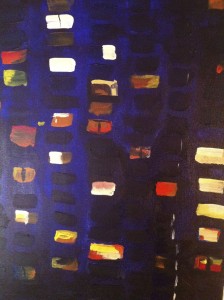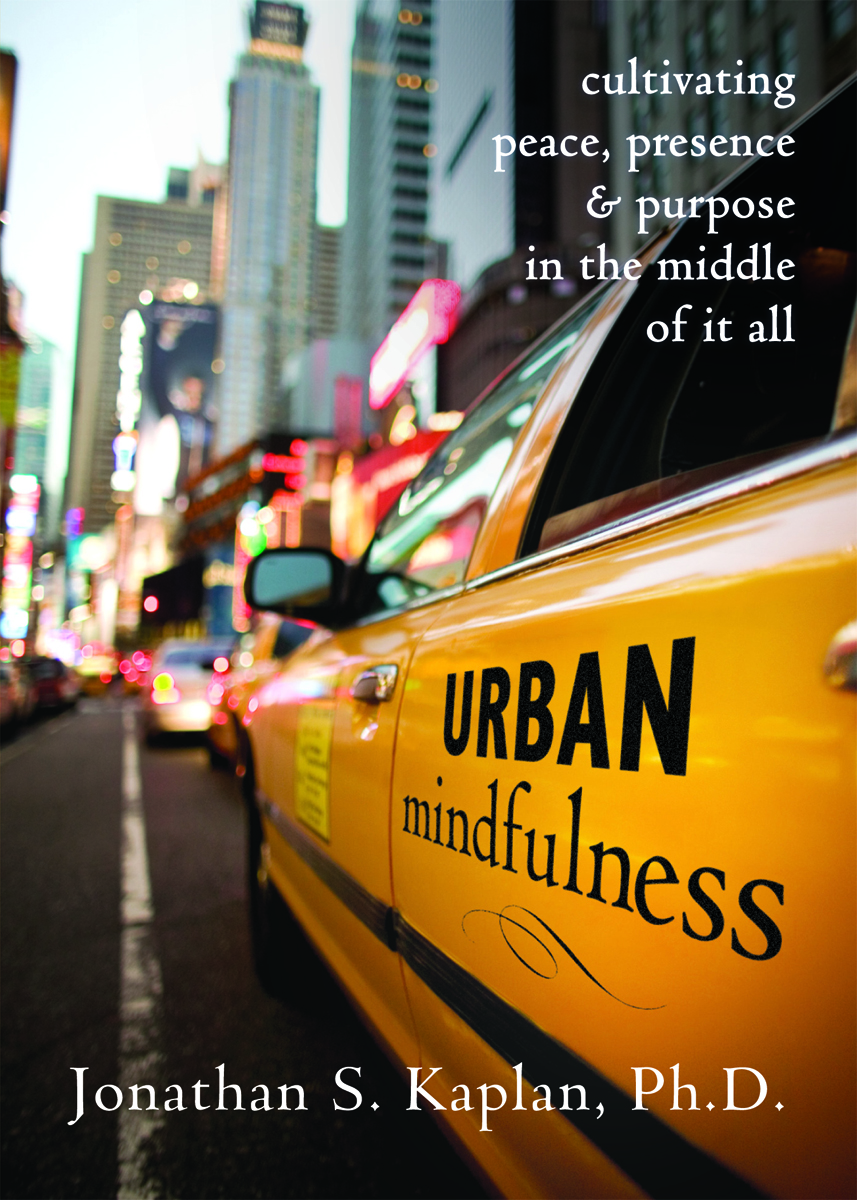Saturday
Jan152011
The Valued Life
 Saturday, January 15, 2011 at 09:59PM
Saturday, January 15, 2011 at 09:59PM  By Jennifer Egert, Ph.D.
By Jennifer Egert, Ph.D.Glad to be back on UrbanMindfulness after a break to “attend to life” for a bit. Lots has changed in the past few months. I left a full time job of 9 years, took a part-time job, began collaborating on different projects and expanded my work in private practice.
I thought about doing something like this for a long time. Through the years, I played with the prospect of being more independent in my work, wanting to explore new professional interests and create time for doing art. But somehow, I ended up staying in the same life that I built almost 10 years ago based on passions and interests of that time even though those interests and values had changed through the years. Life seemed to continue on a prescribed path, like subway tracks, staying the course in the face of stops along the way with new ‘passengers’ boarding and disembarking.
I am reminded of Newton’s laws of motion:
A body at rest stays at rest…
A body in motion tends to stay in motion…
And things will generally continue along this way unless acted upon by an outside force…
How often do we continue along a certain path in life when something inside has changed? Is our default programming to just continue on a path? Can mindfulness be a “force” that shakes things up and off the tracks?
Mindfulness practice can help us to stop and see those moments when what we value inside seem to be different from how we live our lives. For example, if I value a healthy lifestyle but am not taking care of myself, that can be a source of a lot of tension. If my relationships are important to me and the demands of my life keep me away from friends and family, that can be emotionally distressing. If I have a passion for art, or athletics, or animals, or cooking… but haven’t “found” the time for it, there is a loss of an opportunity to be in one’s life in a valued way.
Sure, we all have things we “have to do” to make it in city life, but sometimes we begin to think that these “requirements” are fixed, and there is no space for anything else. And the truth is, in the hyper-busy lives we lead, we won’t find the time… we have to make the time. In the same way we make time for meditation practice, or yoga, or going to the gym, we have to make the time for the things we value most in life. We don’t have to radically change anything, but rather, just look creatively at how we are living, and what places in our lives might benefit from some nurturing and greater attention.
Questions for the week: Am I "a body at rest staying at rest" or "in motion staying in motion" without any say in the matter? What would moving life in a more valued direction look like for me?
Some books that might help in this process come from people doing work in Acceptance and Commitment Therapy (ACT), an approach to change which integrates mindfulness, acceptance and active efforts towards behavior change in the direction of “valued living,” engaging in those activities and areas in life that are most important to us.
· “The Happiness Trap: How to Stop Struggling and Start Living,” by Russ Harris and Steven Hayes
· Get Out of Your Mind and Into Your Life: The New Acceptance and Commitment Therapy,” by Steven C. Hayes and Spencer Smith


